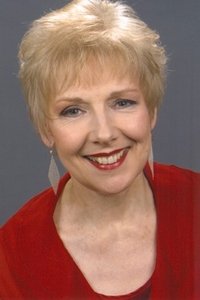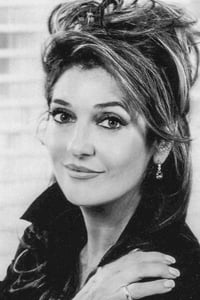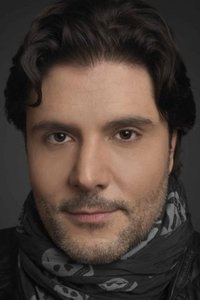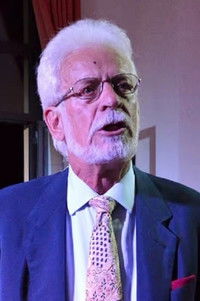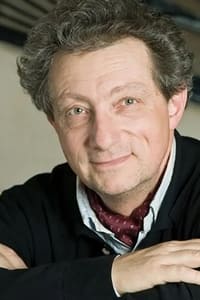Puccini: Gianni Schicchi
Gianni Schicchi at the Glyndebourne Festival
Genres
Music
OverView
Opera in one act, libretto by G. Forzano based on Dante's Divine Comedy. Third part of his opera Triptych. The plot is based on canto XXX of "Inferno" from "The Divine Comedy", which are dedicated to the rogue and deceiver Gianni Schicchi, who was punished for his sins: he impersonated a dying rich man in order to make a forged will on his behalf. Gianni Schicchi is Puccini's only comic opera, a brilliant example of a modern opera buffa based on the tradition of Verdi's Falstaff. The most expressive recitative, bubbling melody, sharp character, impetuous tempo distinguish her music. Recorded live at Glyndebourne Opera House, Sussex, UK on 11 July 2004.
Others
Budget
$--
Revenue
$--
Status
Released
Original Language
Italian
Runtime
57 mins
Rating
0/10
Release Date
19 August 2004
Country
France

